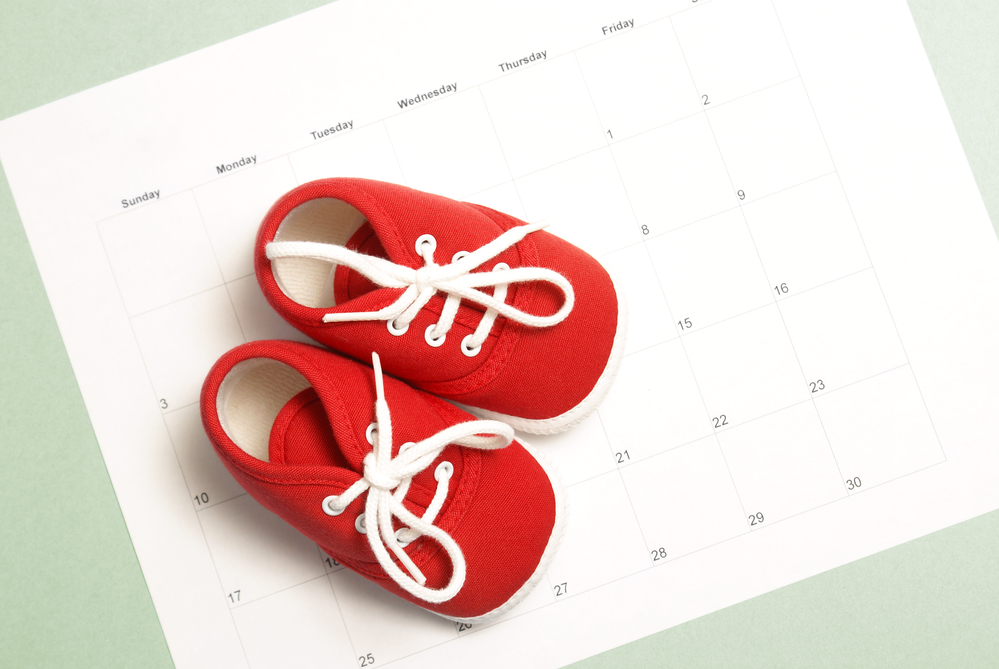What’s going on?
The first week of your pregnancy coincides with the start of your menstrual period. Typically, your expected delivery date (EDD) is calculated from the first day of your last period, this week marks the start of your 40-week pregnancy – yes, even if it means your baby is yet to be conceived.
Top tips for Mum
Before planning to conceive, it is important that give your body ample time to prepare for pregnancy and motherhood by inculcating healthy habits. After all, this ultimately leads to a smooth pregnancy journey and a healthy baby.
Here are some things you can work on:
Stay away from alcohol
Alcohol and pregnancy do not go well together, and experts have yet to determine what is deemed a safe amount to drink while you are pregnant. According to the Singapore Health Promotion Board, drinking alcohol during pregnancy increases the risk of miscarriage, stillbirth and having a baby with low birth weight, among others. To keep both mum and baby safe, it is best to avoid consuming alcohol altogether during pregnancy.
Keep a healthy, balanced diet
Having regular meals with a good balance of vitamins and nutrients is a healthy eating habit you’d want to keep. Once you start trying to conceive, it is important that you include folic acid as part of your daily nutritional intake.
Taking at least 400 micrograms of folic acid daily helps to reduce the risk of neural tube defects in your baby, such as spina bifida. This can be achieved by taking a folic acid supplement while you are trying to conceive.
Be wary of prescription and over-the-counter (OTC) medications
While you are trying to conceive, you will need to take extra care when it comes to medications, as certain prescription and OTC medications may harm your growing foetus. When you schedule an appointment with your gynaecologist to confirm your pregnancy, be sure to ask what medications you can take and the ones which you need to find alternatives for. Your doctor will go through the risks and benefits of each to help you determine what’s safe, and what’s not.
























